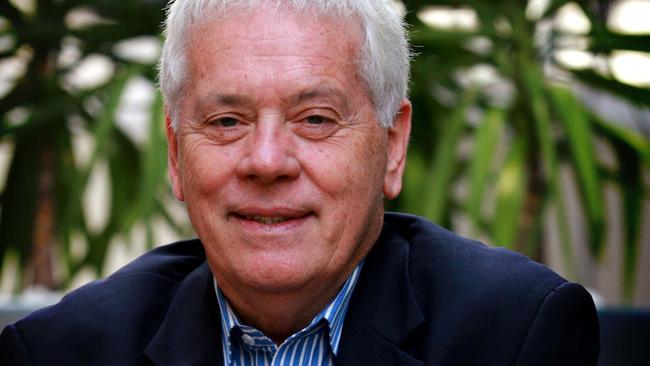NAPLAN ‘dragging down smart students’
The former chairman of Australia’s schools curriculum authority says that results of advanced students are dropping.

A leading education expert said results of advanced students were dropping because there was too much focus on lifting students above NAPLAN’s minimum requirements.
Former chairman of the Australian Curriculum, Assessment and Reporting Authority Barry McGaw said not enough focus was given on lifting talented students to better results.
He called for a new threshold to be added to the NAPLAN results, which would show the amount of students above or below a “competent” level, higher than the minimum requirement threshold that is currently displayed on the test results.
“When we present the (NAPLAN) results, we see a distribution and then we have a line which has national minimum performance and we can see what per cent of kids in NSW are below the national minimum in reading and writing and so on,” Professor McGaw said.
“But if we had another threshold that represents a more realistic target for which we should be aiming to get everyone above, that was higher than the national minimum, then that would at least focus our conversation on higher levels of achievement than the national minimum.
“The minimum performance is an important indicator and kids below that level are really struggling and we ought to know how many there are, but we ought to have another threshold that sets a higher set of expectations.”
NSW Department of Education secretary Mark Scott warned in a speech last month that the nation’s high achievers were falling behind internationally in the OECD’s program for international student assessment. “Of great concern nationally is the slide in performance among our high achievers on international and national assessments,” Mr Scott said last month.
“If we track the percentage of students achieving in the high-achievement range (top two bands) on the three PISA test components from 2000 to 2015, we see a general decline, nationally, from 17 per cent for reading, 20 per cent for mathematics, and 15 per cent for science, down to 11 per cent for all three in 2015.”
Professor McGaw said performance decline was less about the quality of the NAPLAN tests and more about the focus teachers were putting on raising students above the minimum performance threshold.
“I wondered in the early stages (of the performance decline) whether it was a function, not of the tests but of the extent to which the national debate focused so much on minimum performance and getting kids over the minimum hurdle as that might of course encourage teachers to focus on poor performance rather than high performance,” he said.



